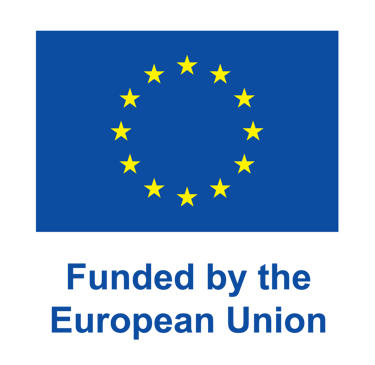EMBRACE
Ця сторінка відображає діяльність УАЄС з реалізації проєкту програми ГОРИЗОНТ ЄВРОПА "Embracing change: Overcoming Blockages and Advancing Democracy in the European Neighbourhood” (EMBRACE).
HORIZON EUROPE
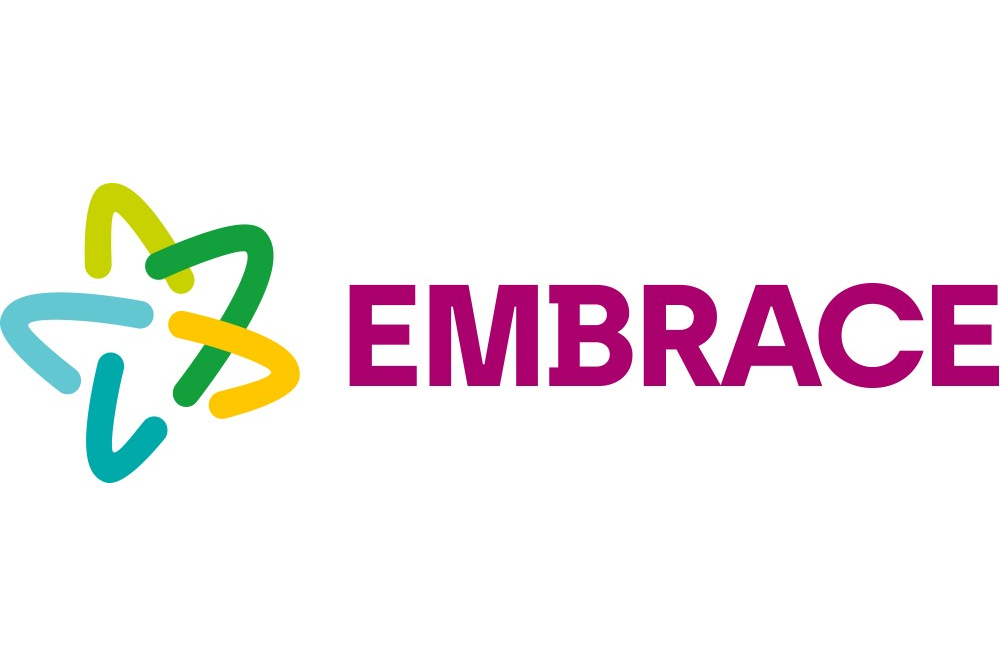

Проект HORIZON EUROPE «Прийняття змін: подолання перешкод та просування демократії в європейському сусідстві» присвячений питанням демократизації в країнах, що межують з ЄС, з метою модернізації політики ЄС щодо підтримки демократії в цьому регіоні.
Команда проєкту
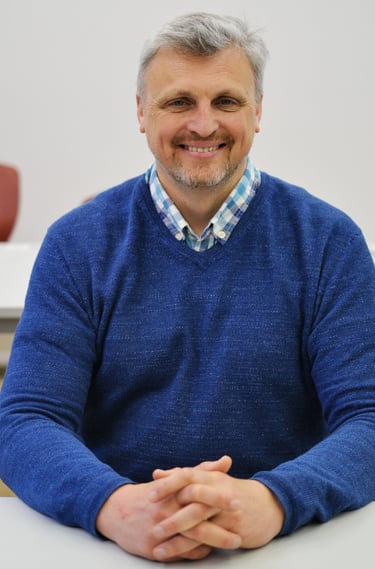

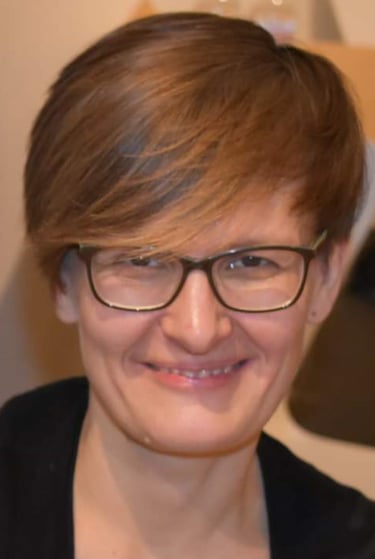

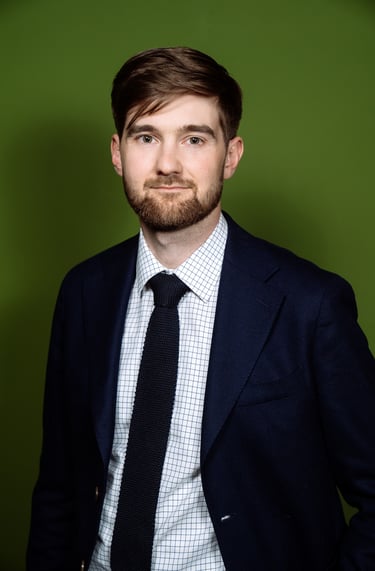

Роман Петров, координатор проєкту, дослідник
Тетяна Кисельова, дослідниця
Др. Тетяна Кисельова, доцентка кафедри міжнародних відносин Національного університету «Києво-Могилянська академія»; наукова співробітниця (медіація) swisspeace/Базельського університету; директорка та засновниця Центру досліджень медіації та діалогу у НаУКМА. Др. Кисельова має ступінь доктора філософії Оксфордського університету та ступінь кандидата наук Академії наук України. Вона отримала сертифікат медіатора від Search for Common Ground та сертифікат бізнес-медіатора від IHK Academy Munich and Upper Bavaria. З 1990-х років вона працює з громадянським суспільством, яке займається миротворчою діяльністю, та професійною спільнотою медіаторів в Україні, консультуючи їх щодо стратегій миротворчості, саморегулювання, навчання, методології медіації та діалогу. Наразі вона є радником мережі миротворців «Українська спільнота практиків діалогу». Вона є співавтором Закону України «Про медіацію» та працювала радником Міністерства реінтеграції тимчасово окупованих територій України та багатьох міжнародних організацій. Її наукові інтереси включають вирішення та трансформацію конфліктів, миротворчість, медіацію та діалог.
Дмитро Коваль, дослідник
Дмитро закінчив Одеську юридичну академію. Він має ступінь доктора філософії з міжнародного права. Дмитро був науковим співробітником Стенфордського університету, Центральноєвропейського університету, Ягеллонського університету та Аспірантської школи соціальних досліджень Польської академії наук. Він читав гостьові лекції в Єльському університеті, Стенфордському університеті, Міссісіпському коледжі, Університеті Майор де Сан Андрес у Болівії, Королівській академії Бельгії, Ягеллонському університеті, Університеті Панамерикана, Цюрихському університеті тощо. Дмитро був членом Експертного комітету Міністерства юстиції з питань імплементації міжнародного гуманітарного права. Він працював над питаннями МГП та МПЧ в Вірменії, Азербайджані, Білорусі, Китаї, Грузії, Казахстані, Таджикистані та Україні. Він також консультував Раду Європи, Європейський парламент, ЮНЕСКО, Міністерство закордонних справ України, Міністерство культури, Генеральну прокуратуру та депутатів Верховної Ради України з різних аспектів міжнародного права. З 2021 року Дмитро представляє Україну в Комітеті ЮНЕСКО з Протоколу 1999 року. Дмитро є членом правління Центру громадянських свобод, лауреата Нобелівської премії миру 2022 року. Він є консультантом ЮНЕСКО, який надає організації консультації щодо імплементації Гаазької конвенції 1954 року та її Другого протоколу 1999 року.
З 2010 року Роман є професором кафедри права ЄС імені Жана Монне в Національному університеті «Києво-Могилянська академія», з 2011 року – керівником Центру досконалості імені Жана Монне з питань ЄС у НаУКМА. З 2016 року він очолює Інститут німецького права в Національному університеті «Києво-Могилянська академія». У 2001 році викладав перший модуль Жана Монне з права ЄС в Україні в Донецькому національному університеті. Проф. д-р Роман Петров отримав ступінь доктора філософії в Лондонському університеті Квін Мері (Великобританія) під керівництвом проф. Маріз Кремони. Проводив постдокторські дослідження як стипендіат Макса Вебера в Європейському університетському інституті (Італія) та отримав стипендії для відвідування досліджень в Гейдельберзькому університеті (Німеччина) (дослідницька стипендія Олександра фон Гумбольдта), Оксфордському університеті (Великобританія), Ґентському університеті (Бельгія), Уппсальському університеті (Швеція) та інших міжнародних університетах. Він був запрошеним професором і дослідником в Латвійському університеті в Ризі (Латвія) та в Ауґсбурзькому університеті (Німеччина), зарубіжним професором в Гентському університеті (Бельгія), професором UNA з питань ЄС в Болонському університеті (Італія), гостьовим професором в Барійському університеті (Італія) та європейським гостьовим професором в Саарландському університеті (Німеччина), науковим співробітником в Інституті порівняльного публічного права та міжнародного права імені Макса Планка в Гейдельберзі (Німеччина) та в Британському інституті міжнародного та порівняльного права (Великобританія). Він також є автором одного з перших українських підручників з права ЄС. Проф. д-р Петров активно займається видавничою діяльністю та міжнародними дослідженнями. Він є засновником та першим обраним президентом Української Асоціації Європейських Студій. Галузі досліджень та викладання проф. д-ра Петрова: право ЄС, право зовнішніх відносин ЄС; наближення та гармонізація.
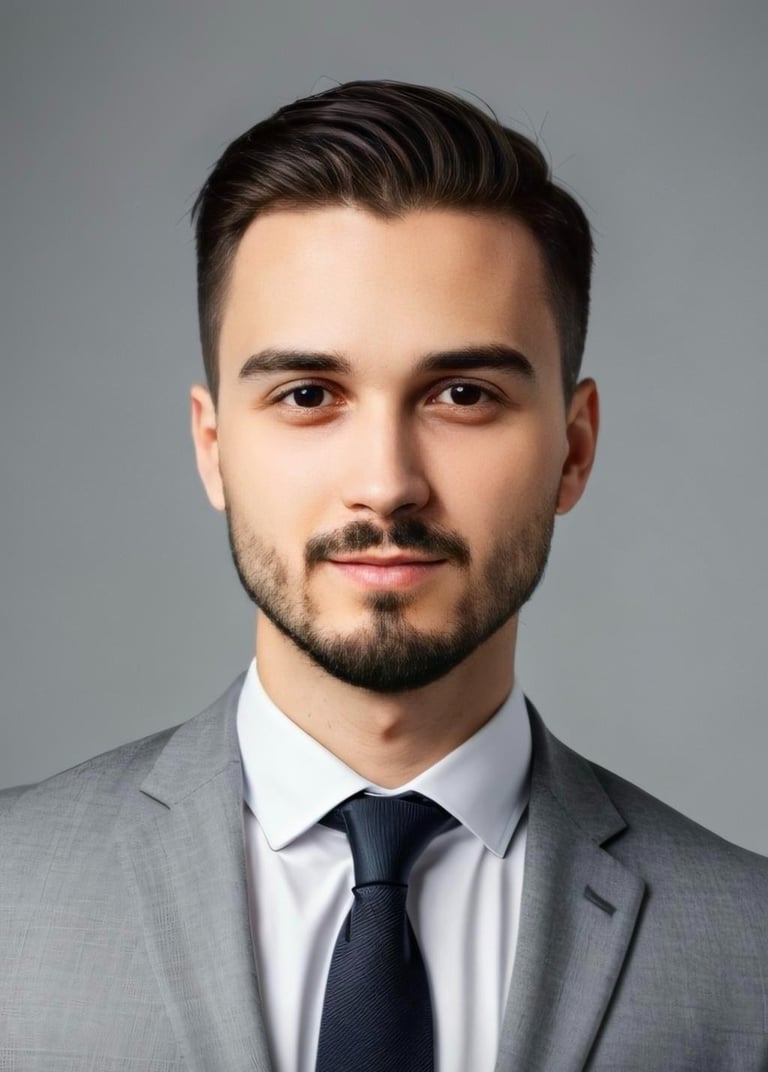

Андрій Лациба, молодший дослідник
Андрій Лациба, український юрист, який спеціалізується на міжнародному публічному праві. Андрій є співавтором звіту, в якому досліджується вплив Революції гідності на судову реформу та створення НАБУ в рамках проекту Embrace. Він також є юристом в організації Truth Hounds, яка підтримує розслідування міжнародних злочинів.
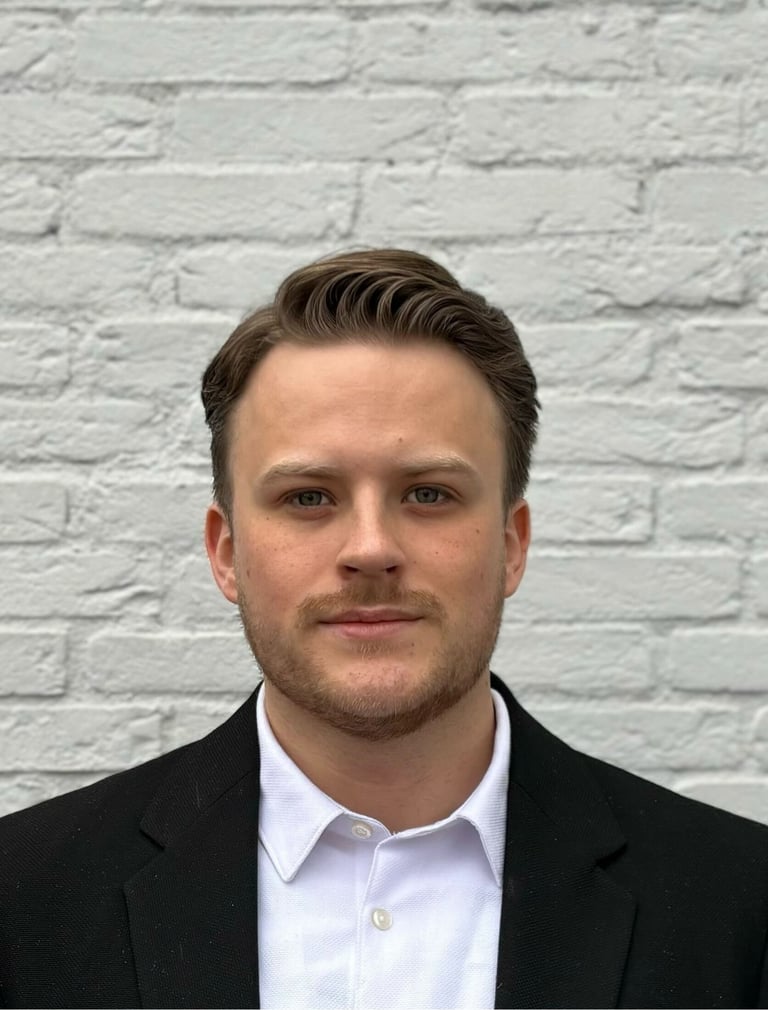

Олександр Сняданко, дослідник
Олександр отримав ступінь бакалавра права в Львівському національному університеті імені Івана Франка (2017–2021) та ступінь магістра права в Українському католицькому університеті (2021–2022). Він має понад шість років професійного досвіду в галузі міжнародного права, зокрема працював у міжнародній юридичній фірмі. Олександр працював асистентом викладача в Українському католицькому університеті (2022–2023) та асистентом проекту в Посольстві США в Києві (2022–2023). Наразі він є дослідником у Центрі досконалості імені Жана Монне (НаУКМА) та дослідником у рамках проектів «Горизонт Європа» (Re-Engage) та «Горизонт 2020» (EMBRACE).
Вибрані публікації
Kyselova, T. (2023). How to make civil society inclusion in inter-state peace mediation meaningful: Lessons from the Minsk Negotiation Process 2014-2021. Joint brief series: Improving Mediation Effectiveness. Stockholm: Folke Bernadotte Academy & ACCORD DOI: https://doi.org/10.61880/DAJQ2447
Kyselova, T.,& Potomkina, Y. (2025). How Not to End the War in Ukraine: Past Failures Make Clear That an Imposed Peace Won’t Last, Foreign Affairs, 1 March 2025, https://www.foreignaffairs.com/russia/how-not-end-war-ukraine
Kyselova, T., & Landau, D. M. (2025). Ukrainian Visions of Peace: (Re-)Shaping Peace through Victory. International Negotiation, 30(1), 13-42. https://doi.org/10.1163/15718069-bja10111
Kyselova, T., & Landau, D. M. (2025). Rethinking Peace and Victory in Light of Russian Aggression in Ukraine. International Negotiation, 30(1), 1-11. https://doi.org/10.1163/15718069-bja10125
Petrov, R. (2024). All’s well that ends well: short story of Ukraine’s road towards European Union membership. Yearbook of European Law, 2024, https://doi.org/10.1093/yel/yeae002
Kyselova, T. (2024). Including Civil Society in Peace Negotiations: The War in the Ukraine Donbas Region (2014–21). Journal of Intervention and Statebuilding, 1–19. https://doi.org/10.1080/17502977.2024.2364309
Koval, D. & Latsyba, A.(2025). The Impact of the Revolution of Dignity on Reforms in Ukraine: Case Studies of Judicial Reform and the Establishment of the National Anti-Corruption Bureau. https://embrace-democracy.eu/embrace-policy-brief-05/
Подані до друку
Koval, D., & Latsyba, A., JUDICIAL REFORM IN UKRAINE IN THE TIMES OF POST-REVOLUTION OPENING AND THE LESSONS EU CAN LEARN
Koval, D., Shyrokykh, K., Busol, K., (2025). European Integration, and Democracy and Human Rights Reforms in Ukraine in the Wartime. In: Rabinovych, M., Pintsch, A. (eds) Ukraine’s Thorny Path to the EU. Palgrave Studies in European Union Politics. Palgrave Macmillan, Cham. https://doi.org/10.1007/978-3-031-69154-6_7
Заходи 2025
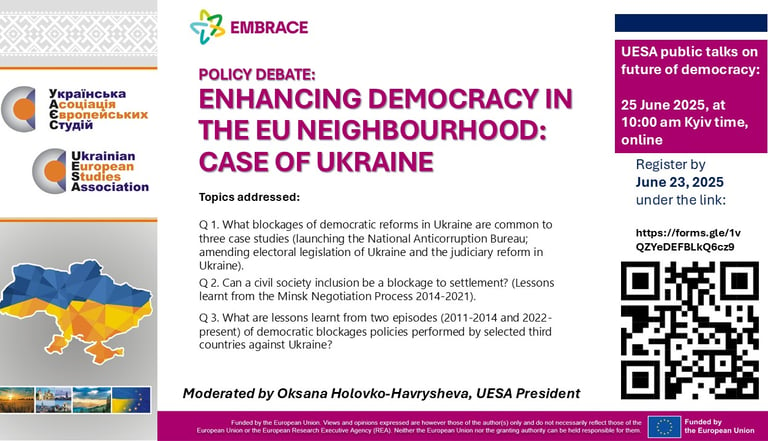

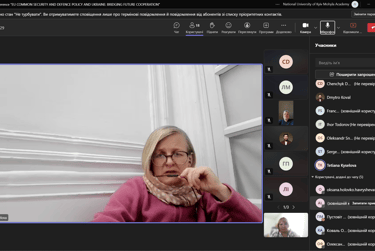

Discussing Democracy Promotion at the international conference "EU Common Security and Defence Policy and Ukraine: Bridging Future Cooperation", online, May 16, 2025
Within the framework of the international conference international conference "EU Common Security and Defence Policy and Ukraine: Bridging Future Cooperation", which took place on May 16, 2025 in the online format the UESA researcher team Dmytro Koval, Tetiana Kyseliova, Andrii Latsyba, Roman Petrov, and Oleksandr Sniadanko discussed the impact of the EU on the democratization process in Ukraine and presented their research findings, especially on the lessons learned from the Minsk agreements for the contemporaty peace negotiations, the impact of the NABU and judiciary reforms on the democratization discourse, and the impact of third states on the democracy development in Ukraine.
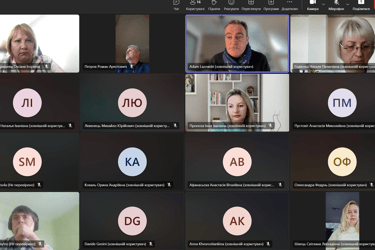

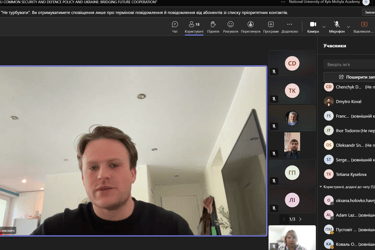

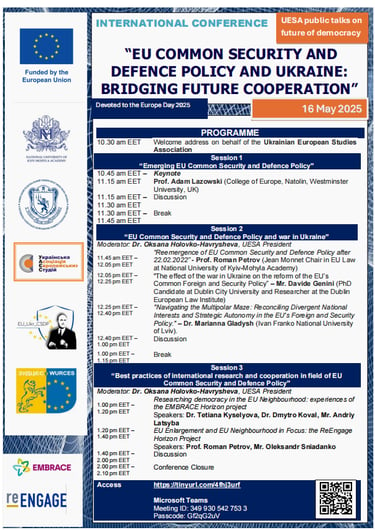

Policy Debate on Enhancing Democracy in the EU Neighbourhood, June 16, 2025
took place on June 25, 2025, took place online. The expert community discussed the research results gathered by the UESA team within the EMBRACE project. In the first presentation, Dr. Tetiana Kyseliova highlighted lessons learnt from the Minsk process concerning the inclusion of civic society representatives into the peace negotiations, stating the sensitive nature of such practices for the peace deal and peace deal implementation in the society. In the second presentation Dr. Dmytro Koval and the UESA young researcher Andrii Latsyba focused on cases of the judiciary reform and NABU creation as two case studies on enhancing democratic institutions in Ukraine to test the concepts of opening and blockages to the democratisation reforms in Ukraine, discussing NABU being described as the positive outcome after the revolutionary events in Ukraine and the judiciary reform being described as having rather mixed achievements with a tendency to failure. Dr. Roman Petrov addressed the involvement of external actors in the domestic scene as forces that were supporting the democracy development in the country or opposing the democratisation processes. The event was moderated by Dr. Oksana Holovko-Havrysheva, the UESA President.
Forthcoming:
Final Project Conference in Brussels, September 2025
Заходи 2024
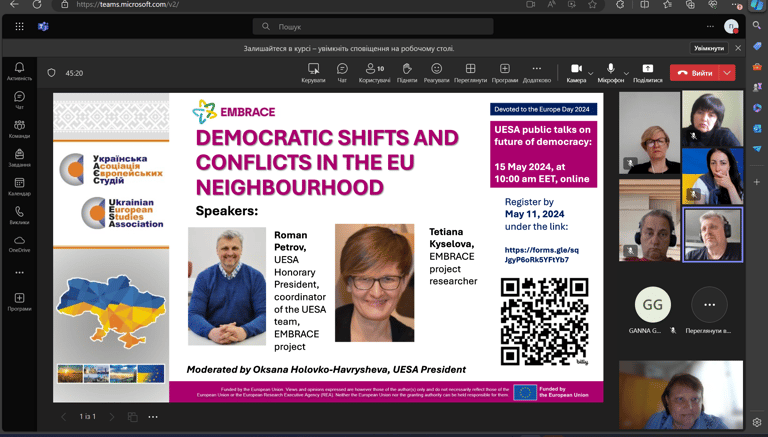

UESA Public Talks on Future of Democracy, online, Kyiv, May 15, 2024
Within the realization of the Horizon 2020 project “Embracing change: Overcoming Blockages and Advancing Democracy in the European Neighbourhood” the I UESA Public Talks on Future of Democracy took place with Roman Petrov (UESA Honorary President, project coordinator) and Tetiana Kyselova (EMBRACE project team member) under the moderation of the UESA President Oksana Holovko-Havrysheva. The event addressed the challenges for the democratization processes in Europe and worldwide with particular attention on Ukraine and future peace negotiations, based on the concept of the "peace through victory".
EMBRACE General Assembly, hybrid, Würzburg, July 10-12, 2024
Within the realization of the Horizon 2020 project “Embracing change: Overcoming Blockages and Advancing Democracy in the European Neighbourhood” Roman Petrov (UESA Honorary President, project coordinator) and Tetiana Kyselova (EMBRACE project team member) and Oksana Holovko-Havrysheva (UESA President) participated at the EMBRACE General Assembly, which was held at the University of Würzburg (Germany). The event focused on the progress in the project implementation and planning further steps.
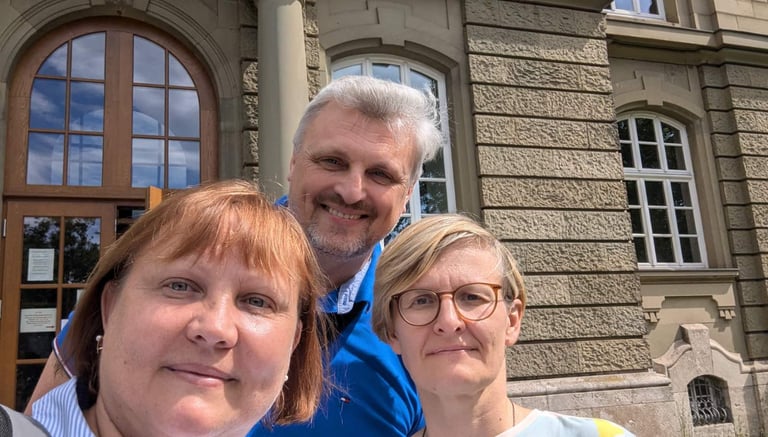

EMBRACE Regional Seminar, Kyiv, online, October 15, 2024
On 15 October 2024, the EMBRACE Regional Seminar took place in online format. During the seminar, such issues as blockages to democratization, conditions for overcoming them in the course of the EU Democracy Support Policy, and ways to increase the effectiveness of the EU Democratization Policy with particular focus on Eastern Neighbourhood countries - Armenia, Azerbaijan, Belarus, Georgia and Ukraine.
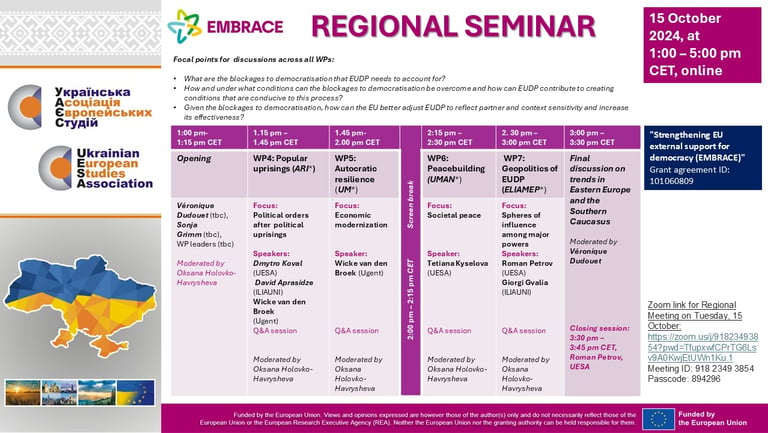

Annual Conflict Research Society Conference, Edinburgh, September 5-7, 2024
On 5-7 September, Dr. Tetiana Kyselova presented her paper "Ukrainian Visions of Peace: (Re-)Shaping Peace through Victory" at the Conflict Research Society annual conference in Edinburg, UK. The annual conference was titled "Global (De-)Fragmentation?
Consequences for Peace and Conflict Research and Practice" and focused diverse aspects of conflict and peace studies. The paper was co-authored by Dr Dana Landau of the swisspeace/University of Basel and was accepted for publication in the International Negotiations journal.
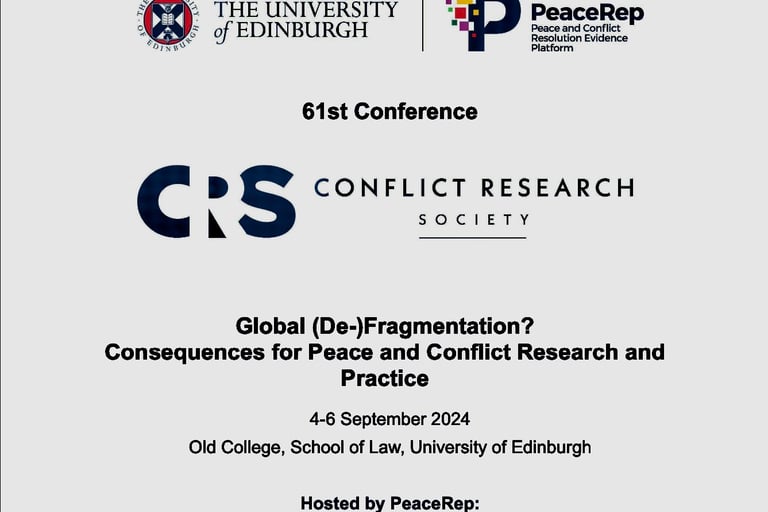

Second Stakeholder Committee Meeting, online, Kyiv, October 4, 2024
On 4 October 2024, after the fieldwork was completed, the second stakeholder committee meeting took place in the online format. During the event, the EMBRACE researchers Dmytro Koval and Tetyana Kyselova and the project coordinator Roman Petrov shortly presented their findings an der the WPs 4, 6 and 7 focusing on the episodes of openings and blockages for democracy development after uprisings, the impact key geopolitical actors on the EU Democracy Promotion Policy in Ukraine and the peace perspectives.
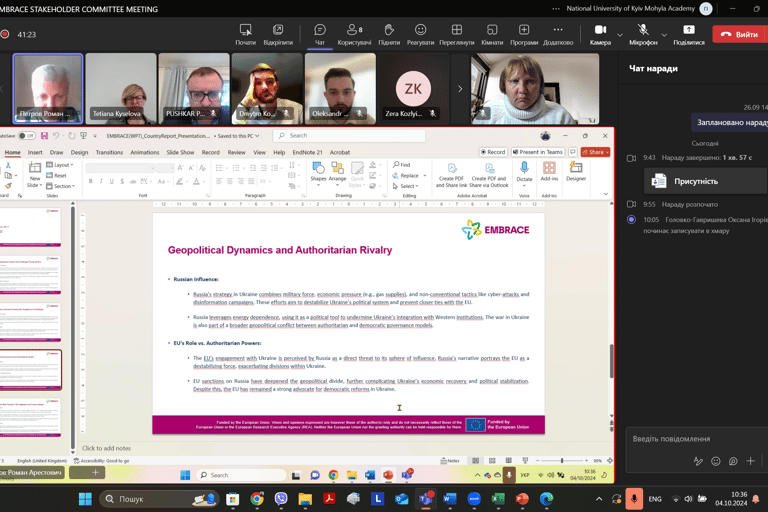

Special session on Democracy Research and Democracy Promotion within the Framework of the UESA Annual Congress 2024, hybrid, Uzhhorod, October 17, 2024
Within the realization of the Horizon 2020 project “Embracing change: Overcoming Blockages and Advancing Democracy in the European Neighbourhood” Roman Petrov (UESA Honorary President, project coordinator) and Dmytro Koval (National University "Kyiv Mohyla Academy", Ukraine) discussed in the special session of the UESA Congress 2024 the main idea of the EMBRACE project and addressed the main findings of their research dealing with democracy blockages and openings in the Eastern Neighbourhood.
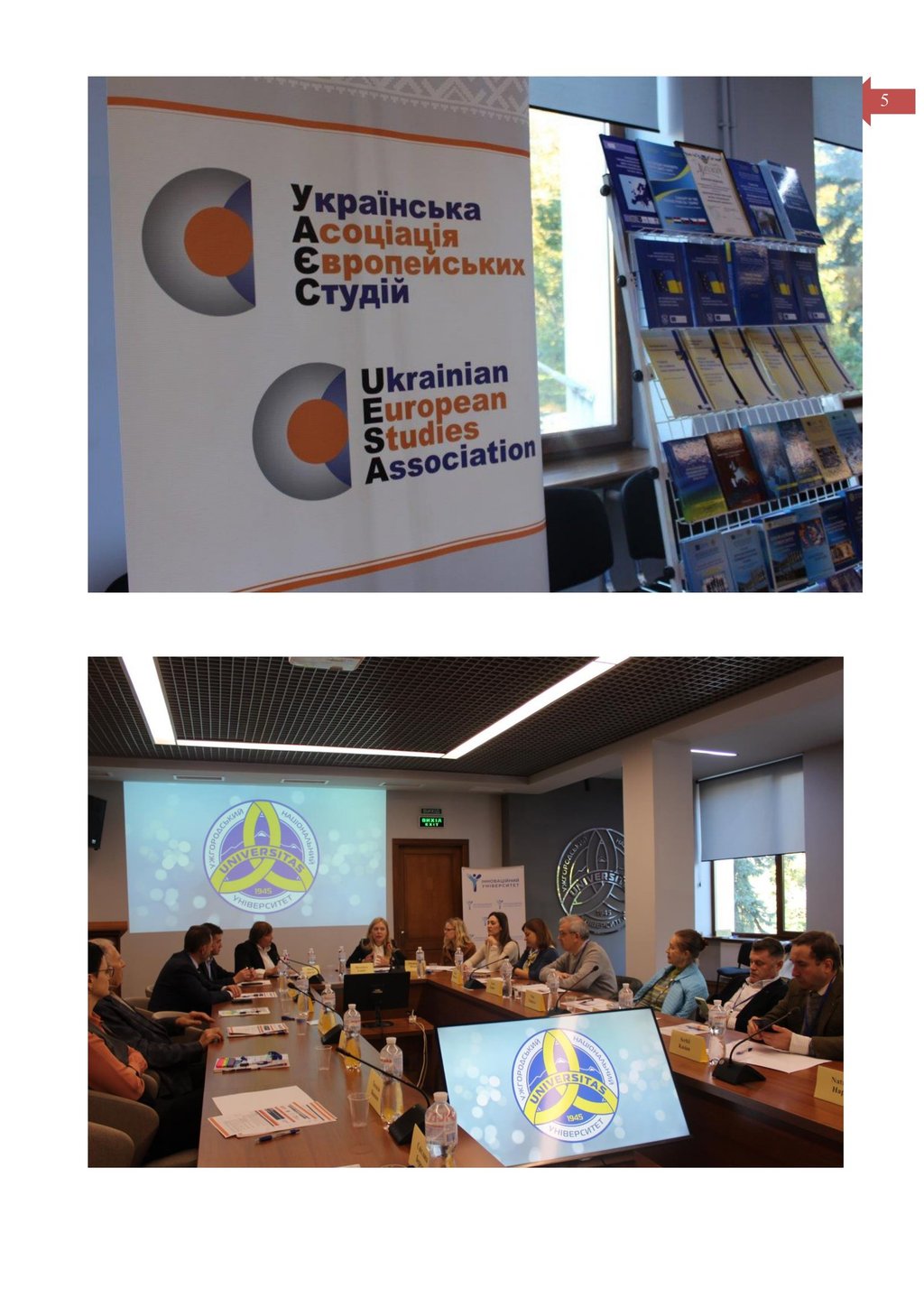

Заходи 2023
Special session on Democracy Research and Democracy Promotion within the Framework of the UESA Annual Congress 2023, online, Kyiv, October 26, 2023
Within the realization of the Horizon 2020 project “Embracing change: Overcoming Blockages and Advancing Democracy in the European Neighbourhood” Roman Petrov (UESA Honorary President, project coordinator) and Karina Shyrokykh (Stokholm University, Sweden) presented in the special session of the UESA Congress 2023 the main idea of the EMBRACE project and addressed the peculiarities of the democracy research in the times of turbulencies on international arena. The participants commented on contemporary challenges for the democratization processes in Europe and worldwide.
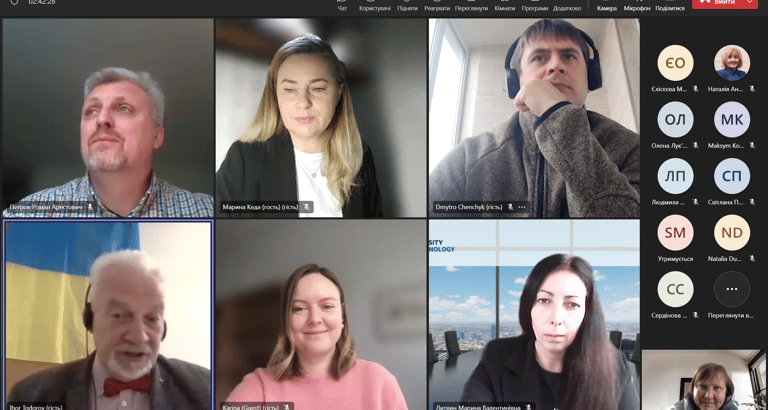

Conferece "Rethinking Critical Peace and Conflict Studies in a Multipolar World Order", Manchester, September 14-15, 2023
On 14-15 September 2023, Tetiana Kyselova took part in the Conference "Rethinking Critical Peace and Conflict Studies in a Multipolar World Order" held at Manchester University at the invitation of the head of the EMBRACE project WP6, Dr. Sandra Pogodda. Dr. T. Kyselova presented the contribution titled "Adaptive Peacebuilding for Sustainable Peace in the Context of the Wars of Aggression" and received a positive feedback from the colleagues.
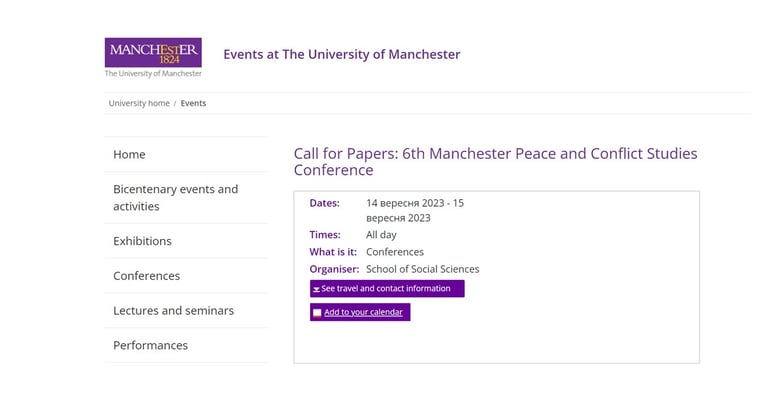

Stakeholder Comittee Meeting, online, Kyiv, June 20, 2023
Within the realization of the Horizon 2020 project “Embracing change: Overcoming Blockages and Advancing Democracy in the European Neighbourhood” the stakeholder committee meeting took place in the online format on June 20, 2023. During the meeting Oksana Holovko-Havrysheva, UESA President presented the main objective and tasks of the project as well as the role of the UESA in the project realization, especially focusing on the research to be conducted within the WP4, WP6 and WP 7. Dmytro Koval, leading researcher in the WP4 presented the research methodology on popular uprisings and democracy shifts in the case of Ukraine; Tetiana Kyseliova addressed the main features of the WP 6 dealing with peace and war linkage to the democracy shifts and Roman Petrov focused on geopolitics of the EUDP covering the impact of superpowers on the democratization processes in Ukraine before the war and in the wartime.
The participants commented on the content of the field work and methodology used to work in the relevant workpackages.
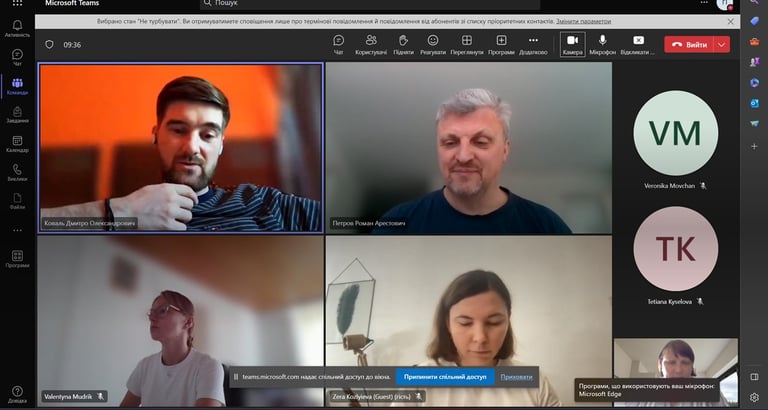

EMBRACE Methodology Workshop, Konstanz, April 26-28, 2023
The UESA President Oksana Holovko-Havrysheva took part at the EMBRACE Metodology Workshop, which took place in Konstanz (Germany). The methodology approaches were presented by the work package leaders, as well as the further steps in conducting the research program were discussed, including the professional skills development program for team members.
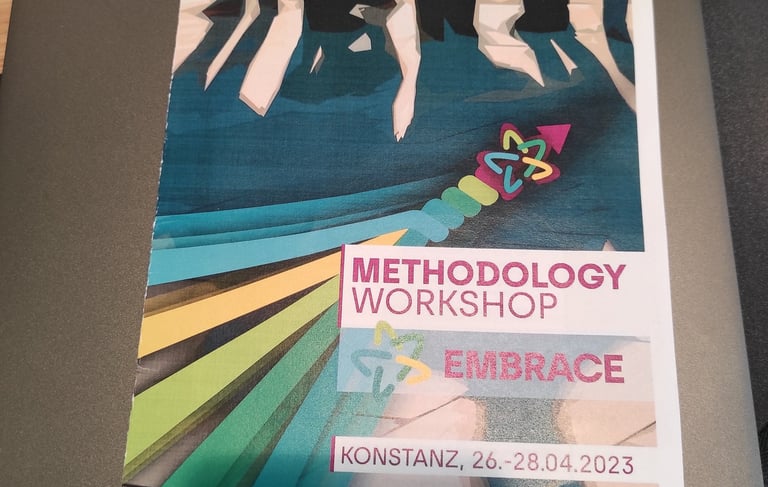

Заходи 2022
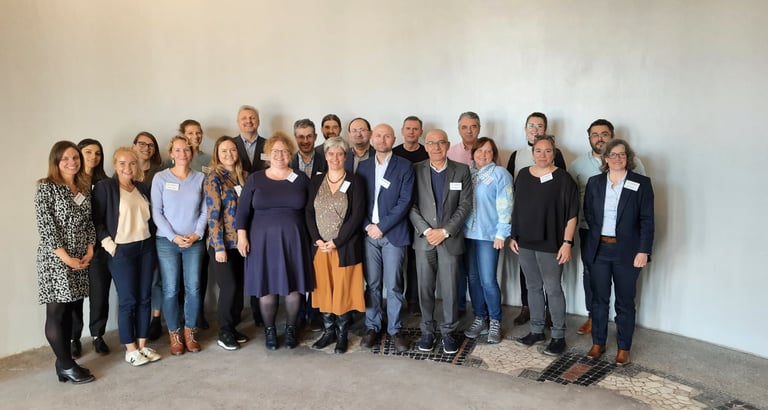

EMBRACE Kick-Off Meeting, Berlin, 19-21 October 2022
During October 19-21, 2022 the kick-off meeting for the Horizon 2020 project “Embracing change: Overcoming Blockages and Advancing Democracy in the European Neighbourhood” was organized by the project coordinator, the Berghof Foundation and held in Berlin. During the event the consortium members uniting representatives from 12 countries Eastern Europe, Southern Caucasus, Western Balkans, Northern Africa and the Middle East. The team discussed the project implementation, the milestones and deliverables of this project, as well as planned the forthcoming activities.
Horizon Europe project "Strengthening EU external support for democracy (EMBRACE)"
The Horizon Europe project “Strengthening EU external support for democracy (EMBRACE)” has been funded with the support from the European Commission. The website information reflects the views only of the authors and the Commission cannot be held responsible for any use of the information which may be made of the information contained therein.
Use of website materials, reposting and dissemination are only for the free of charge usage with obligatory reference to the source website: Ukrainian European Studies Association, uesa.info.
